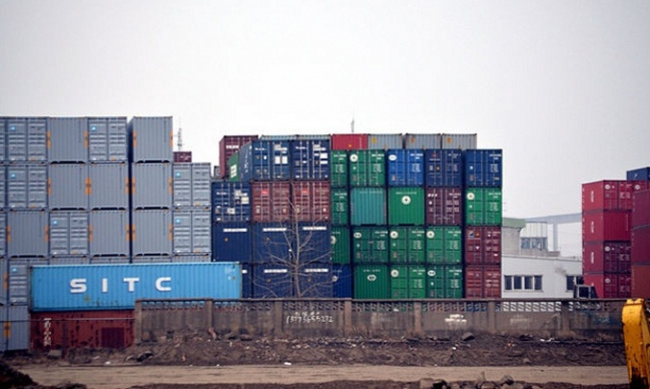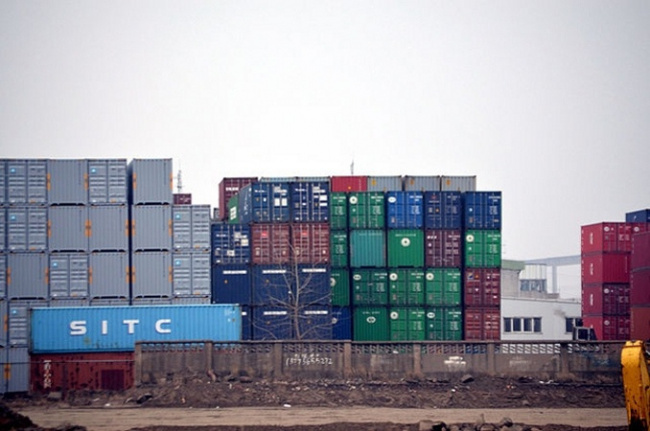The International Longshoremen's Association went on strike at midnight Monday, shutting down ports from Texas to Maine, according to the New York Times. Issues in the strike include pay and the degree to which port operators implement automation, with the sides far apart as of last week (see "Two Sides in Port Negotiations Far Apart").
On Monday, the United States Maritime Alliance, the port operator organization, said that the union and the association had exchanged counter offers during the day, and that the Alliance had increased its offer.
The union wasn't having it. "The Ocean Carriers represented by USMX want to enjoy rich billion-dollar profits that they are making in 2024, while they offer ILA Longshore Workers an unacceptable wage package that we reject," the ILA said in its Monday statement. The union also alleged that shippers are "gouging customers that result in increased costs to American consumers."
The short-term impacts will be limited, as shipments were accelerated in the run-up to the strike, and west coast ports continue to operate under a contract negotiated last year. But if the strike goes on for more than a couple of weeks, the impact could be severe. The ports involved handle about 60% of the container traffic coming into the U.S.
In our categories, CNBC reported in a broadcast on Monday that the ports involved account for 38% of toy and game import shipments.

Strike Shuts Down Ports from Texas to Maine
Posted by Milton Griepp on October 1, 2024 @ 2:41 am CT



